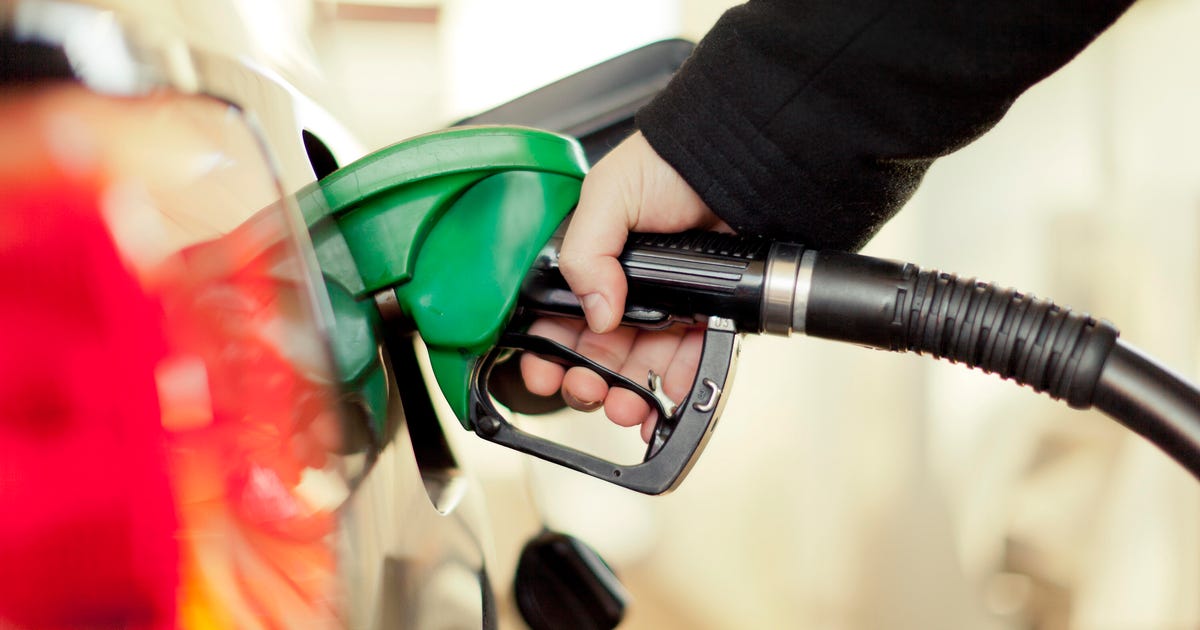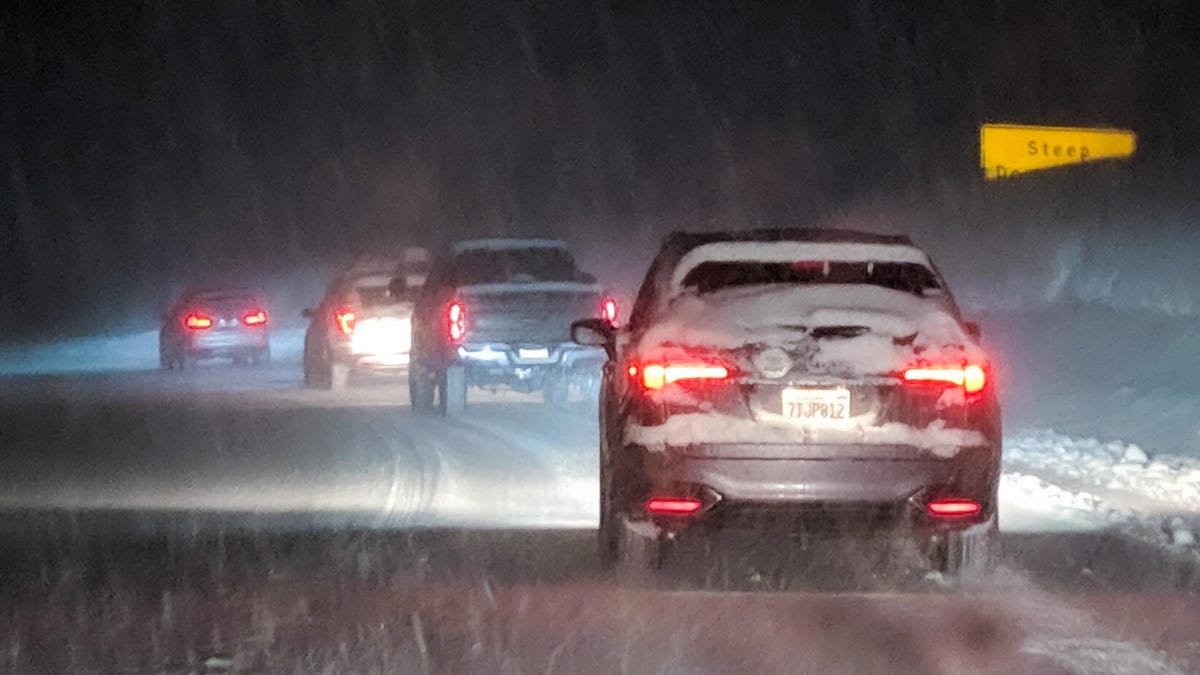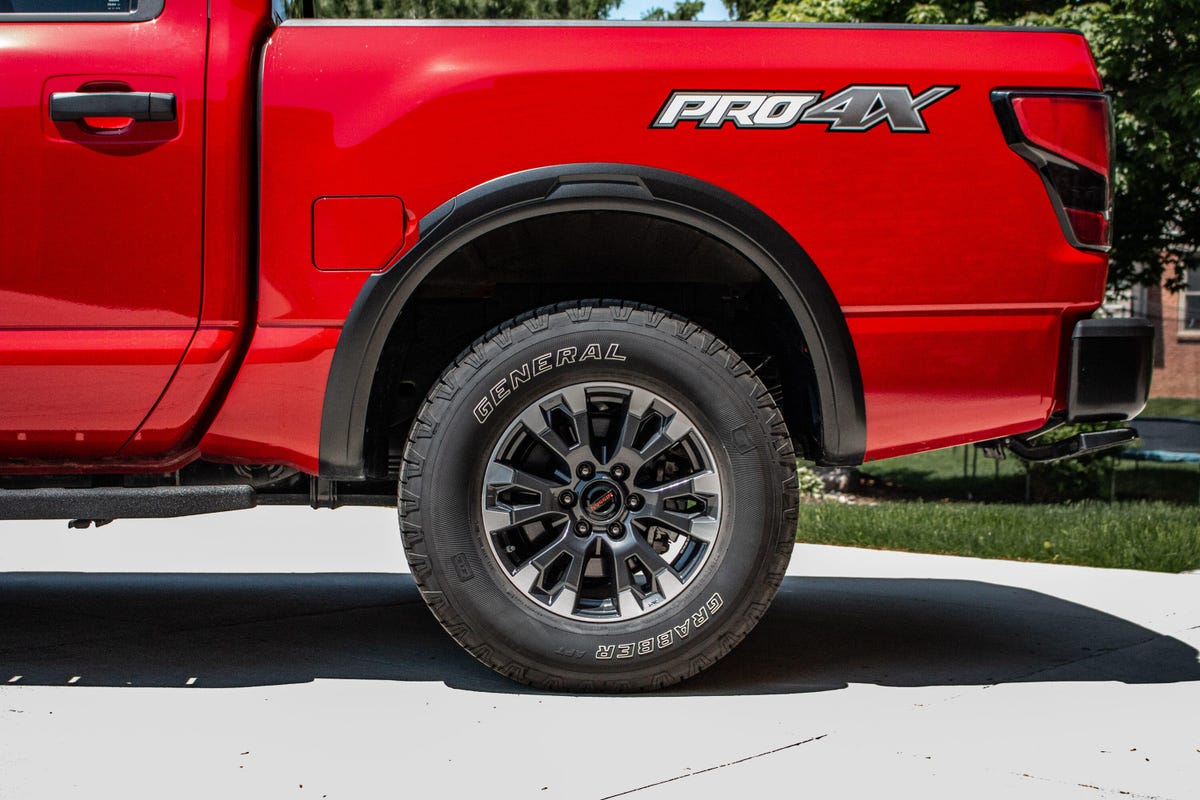Gas Is Still Expensive: 9 Driving Tips To Conserve Fuel And Save Money
Gas is getting too expensive gas cost to drive cost in gas to drive cost of gas on a road trip most expensive gas now how much is the most expensive gas the most expensive gas is gas monkey bar and grill still open what is still gas gas isolation valve gas island gas issues in my area

Gas Is Still Expensive: 9 Driving Tips to Conserve Fuel and Save Money
The national average gas price continues to lower each day -- it's currently $4.11 per gallon, which is down from $4.80 one month ago -- but it's still not cheap. So to make your tank of gas last a little longer (and save you some money, too) there are some driving tips that can help, and also a few myths that you should steer clear of.
From forgoing the air conditioning while driving to shutting your car off completely at stop lights to changing your air filters more often, we'll explain what works and what doesn't.
We'll share some tips for saving gas while driving, as well as myths to avoid. In addition, here's how to save money on gas at the pump.
Gas-saving myths that really aren't helping
Skip these suggestions -- they don't really work and may waste your time and money.
Don't buy a device marketed to help with fuel efficiency: Often called fuel economizers, these devices are installed in your engine and tout fuel savings. But we don't recommend them. "People should be suspect of any device that promises to increase fuel efficiency," Patrick De Haan, head of petroleum analysis at Gas Buddy, told CNET. Some may circumvent emissions and could be illegal.
Don't change your air filter more often than recommended: While a dirty air filter can cause problems for other areas of your vehicle, it won't change your gas mileage.
Don't schedule more frequent oil changes: It's a common myth that if you're due for an oil change, your car's gas mileage will suffer. While it's best to keep up with your car's maintenance to prevent future problems, don't expect your gas mileage to improve.
Your mileage may improve by 1% to 2%, however, if you use the manufacturer's recommended grade of motor oil.
Now that you know what won't work, here are some tips that can improve your mileage.
Slow and steady wins the race
Fast acceleration burns gas at a quicker rate than driving at a slower, more consistent pace. If you can maintain a constant speed, it will help you save gas. People who are constantly rushing and pressing on the gas pedal tend to consume more gas because of rapid acceleration, De Haan explained.
"If people drove at a slower pace of acceleration and avoided racing through a red light, it would help them prevent [...] burning through gas and using energy," he said.
Vehicles are most efficient when you're driving between 55 and 60 miles per hour -- anything above that starts to deplete a car's efficiency. "Slow down and go 60 instead of 70," De Haan said.

Your driving pattern affects your gas mileage.
James Martin/CNETUse cruise control when possible
The easiest way to maintain a constant speed? Cruise control. It's an easy way to maintain a constant speed, instead of slowing down and speeding up to get back to 55 miles per hour. It's best to use cruise control when you're driving on a flat road with no stops -- for instance, a highway.
"Cruise control is much more effective than a human is at maintaining speed and can help save fuel," De Haan said.
Avoid idling: Turn off your car at red lights and other long stops
When you pull up to a busy red light that generally takes several minutes to get through or if you're stopped and waiting outside of your kids' school, the Argonne National Laboratory recommends turning off your car if it'll be idling for 10 seconds or longer.
The government agency says that even turning your car off for as briefly as 10 seconds can save you fuel and reduce carbon dioxide emissions.
For diesel vehicles, however, the advice isn't the same. De Haan says that engines run based on compression so it may not be as advantageous to turn off your diesel vehicle while idling.
Know when to use air conditioning and when to open windows
Turning off the air conditioner in your car can save gas, but not in all driving situations. Having the AC on while the vehicle is already running doesn't add much stress to your engine, and won't cause you to use gas at a much faster rate. But when your car is idling, running the AC can place more of a load on the engine, requiring more gas to help it work harder, said De Haan.
Is driving with the windows down a more fuel-efficient alternative? Not always, especially when on highways or driving at higher speeds. This can actually use more gas as it increases the wind resistance, or "air drag," according to Schaefer Autobody Centers. This, in turn, slows your car down and requires more fuel to run.
It's typically best to leave windows open when driving around city streets where you may be idling more often or streets with lower speed limits. Otherwise, using the air conditioner is your best option.
Take racks off your car when not in use
If you drive a vehicle that has removable racks on the top, De Haan advises taking them off when you're not using them. This can boost your car's aerodynamics, similar to rolling up your windows.
This logic applies to larger racks that hold luggage, for instance, but bike and ski racks are generally OK to leave on your vehicle.

Always make sure your tires are properly inflated before hitting the road.
Jon Wong/CNET CarsKeep your tires inflated properly
Making sure your tires are properly inflated can also help with your car's gas mileage. The US Department of Energy says you can improve your gas mileage by 3% (though the average is 0.6%) by keeping your tires inflated at the correct air pressure. Your gas mileage can lower by roughly 0.2% for every 1 pound per square inch of air dropped. For instance, if your tires are supposed to be aired up to 36 PSI and they're sitting at 30 PSI, your gas mileage could reduce by as much as 1.2%.
When the air pressure drops below 25 PSI, an increase in friction can occur, forcing your engine to work harder, resulting in fewer miles per gallon, De Haan said. Most engines will alert you when one of your tires is low. (The warning light looks like closed parentheses with an exclamation mark in between and a squiggly line underneath.)
Before airing up your tires, check the manufacturer requirements in your owner's manual or the door sticker in your car to see what the air pressure needs to be. If you can't find either, you can visit a website like TirePressure.com to get an answer.
Combine your trips when running errands
If you have multiple errands to run on opposite sides of town, plan it so that you aren't driving back and forth. For instance, if the post office is next to the coffee shop but the post office isn't open yet, make that your last stop instead of having to drive back to that area.
When you do have to run errands at places that aren't nearby, it's best to try to do everything in one trip. Your car's engine is more efficient when it's warmed up, which can save you slightly on gas. It also prevents you from driving additional miles by taking trips on different days.
Anticipate stoplights as much as possible
Hitting multiple stop lights in a row can wreak havoc on your gas mileage, especially if you're idling at each light. Your car is still burning fuel while you're stopped and you're getting zero gas mileage during that time.
While it's best to try to time lights when they're green to avoid stopping, this isn't always possible. If you see the light has already turned yellow or red, slow down and coast to the light instead of using the gas pedal and then braking hard when you get there. This can help you save a little bit of gas.
Does automatic start-and-stop technology boost your mileage?
Many newer cars are equipped with a start-and-stop technology that automatically activates when you come to a complete stop and when you press the gas pedal. These systems automatically turn off the engine when the car is completely stopped -- your AC and other electronics will continue working. As soon as you press the gas pedal, the engine immediately kicks back on.
Vehicles with this automatic system see up to a 7% improvement in fuel economy, according to AAA. If your car is equipped with this feature, you're already saving gas without doing anything extra.
For more money saving tips, here are 27 ways to cut costs around the house now and a trick to lower your electric bill. Also, here are some tips to save money on food, gas and travel.
Source
